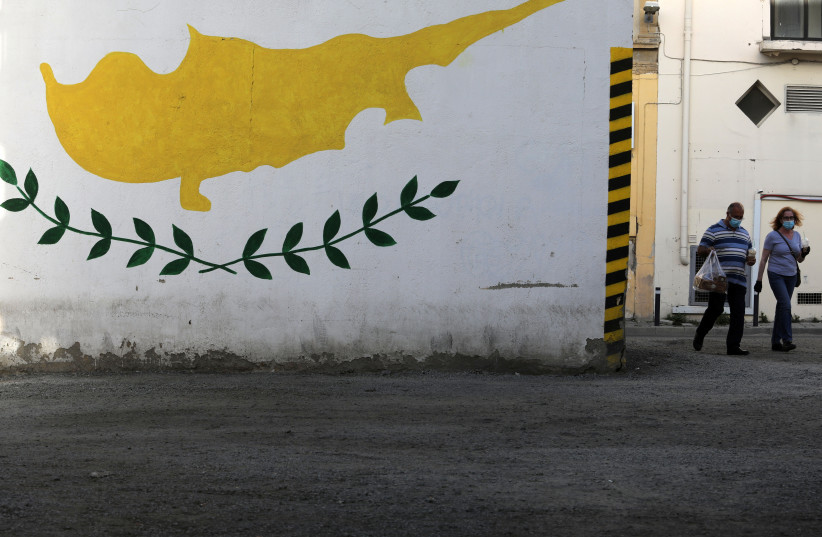Genocide survivors from persecution at the hands of ISIS have been fleeing to Europe via Turkey for years now. More than 100 Yazidis have now ended up in Cyprus, according to a member of the community.
The Yazidi minority lives mostly in northern Iraq. In 2014, the extremist Islamic group ISIS conquered Mosul and attacked Yazidi villages near Mount Sinjar, kidnapping thousands and subjecting them to genocide and enslavement.
When ISIS was defeated in 2017, the Yazidis continued to suffer hardship, often living in Displaced Persons (DP) camps. Many have tried to reach Europe, hoping for a better life free from persecution.
Shakib Oso, a graduate of the University of Mosul, studied in the college of arts and department of English before moving to Cyprus. He told of the difficulties Yazidis have faced in their journey: “The Yazidi community has been suffering from the last genocide committed against them since 2014. The main reason for the immigration of thousands each year towards European countries starts from Greece.”
“The Yazidi community has been suffering from the last genocide committed against them since 2014. The main reason for the immigration of thousands each year towards European countries starts from Greece.”
Shakib Oso
He added that many Yazidis have perished on their journey and because different routes for immigrants have been closed or are dangerous. Some Yazidis sought a new way to reach Europe and they ended up in Cyprus “because the traffickers tell them that Cyprus is a part of Greece and you will get your accommodation and passport just like the people who arrive to the refugees camps in Greece.”

The Yazidis in Cyprus have mostly all ended up in a camp called Pornara. Yet they face continued struggles there due to lack of services; there are not enough bathrooms, the food is inadequate and people live in small caravans not large enough for their families. Several families will be forced to share one accommodation, for instance. This is the reason that “Yazidi people look for a way to leave the camp as soon as possible,” he said.
The struggles of Yazidi immigrants to Europe
Yazidi immigrants to Europe face unique struggles, different than other migrants, largely due to the added element of religious persecution and discrimination at the hands of other migrants over the years.
This means that, as a minority within a minority, they have extra hardships. Mass immigration via Turkey has been a phenomenon that grew in 2015 when around a million migrants, mostly from Syria and Afghanistan, moved through Greece to Serbia and onwards to Germany.
In the wake of this massive influx of people seeking to move to Europe, the EU began paying Turkey to keep migrants within its borders. The route to Greece became more difficult and persecuted people sought other ways to get to Europe, some ending up in Belarus in 2021, and others in Cyprus.
Oso said that when families seek to leave the refugee camp, they received several months of rent and food subsidy from local authorities, but after that they must pay for rent and food, costs that add up.
This makes them want to leave, with some even seeking to return to Iraq rather than stay in Cyprus. Oso told of one woman with two children who went back to Iraq because of her inability to pay rent. “The government pays for each single person 250 euros for the food and for a couple 380 euros, but the prices of food are very high and this payment is also not every moth it’s about one time each two months without paying for the rent at all.”
Rent can be as high as 650 euros a month. “It’s very difficult for the refugees to find jobs here in Cyprus for many reasons, including the language barrier and accommodations,” said Oso.
There are very few organizations seeking to help Yazidis, even though their circumstances are unique in being a minority that survived genocide. Oso said he wishes for people to focus on asking for international organizations, like the International Organization for Migration, to help look for a solution “for us here, in which we want to get our accommodations and passport just like what is happening in Greek refugees camps and travel to European countries.”
International organizations could aid the small community in relocation to other countries. Some European countries have taken in Yazidi refugees over the years.
